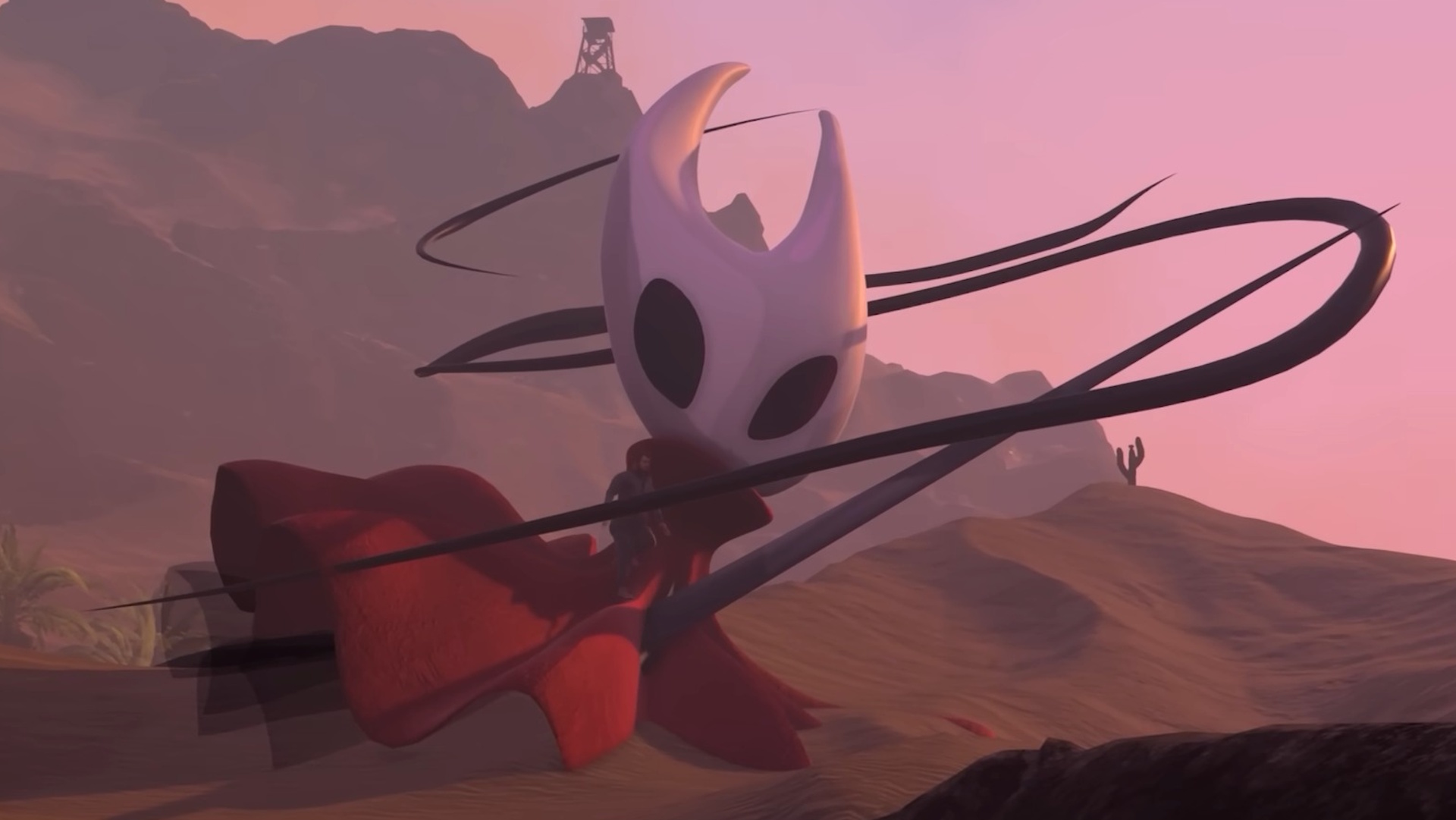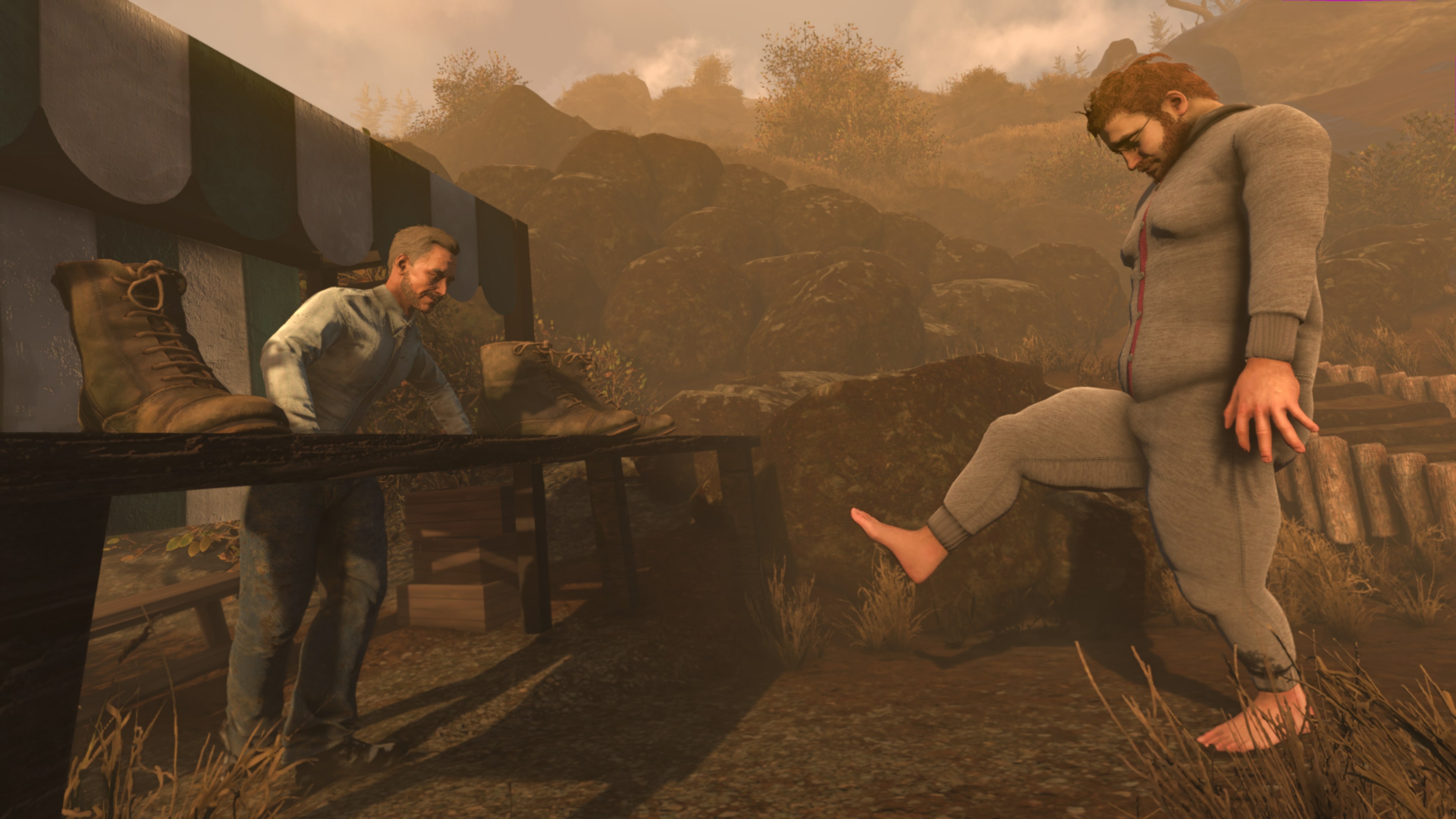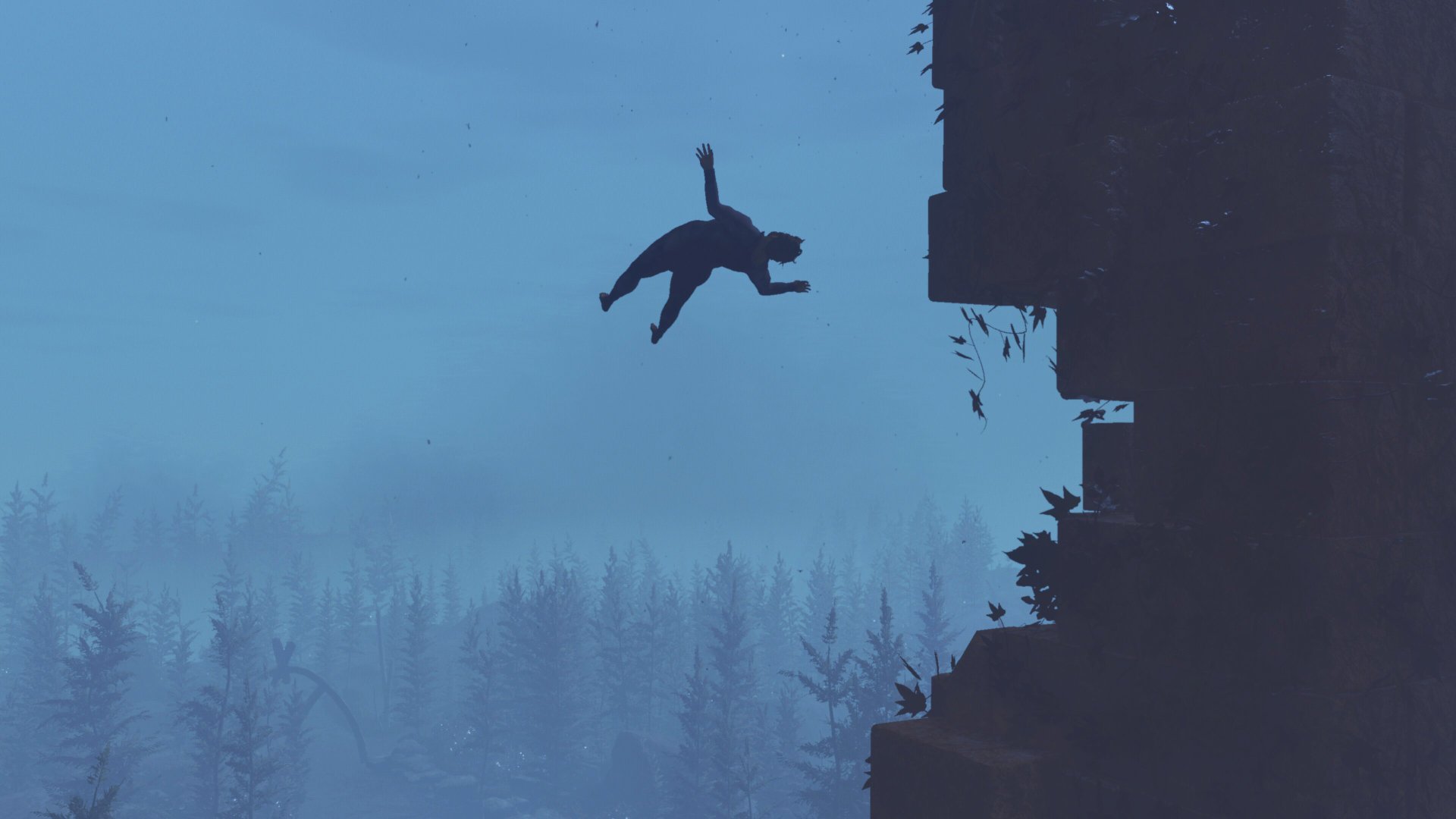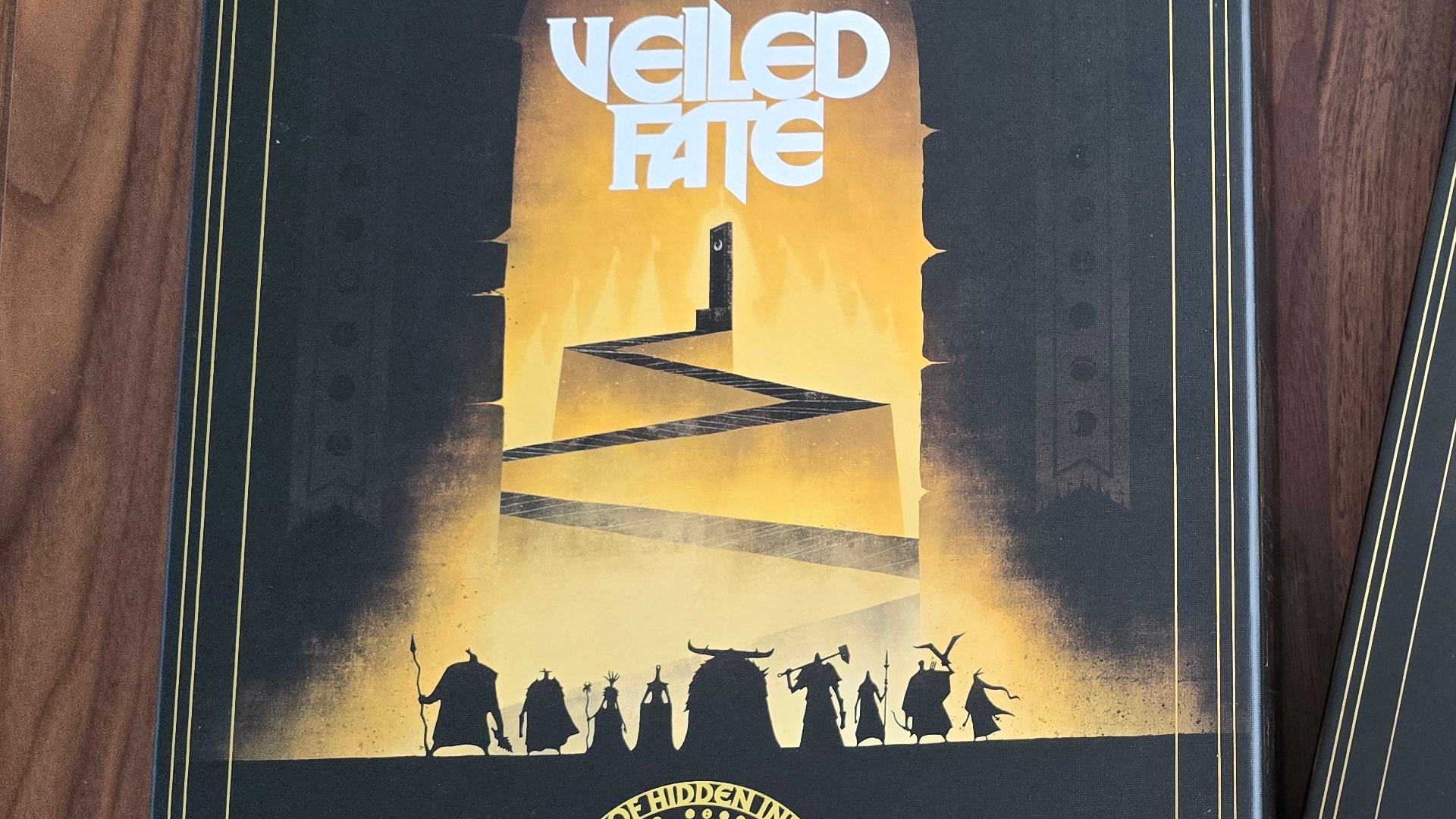"I'm definitely in the camp of not having an easy mode": As Silksong crushes players and Team Cherry nerfs it, veteran designer says some games have to be difficult because that's the whole point
Baby Steps co-developer Gabe Cuzzillo reckons challenge can be inseparable

Baby Steps, the new "literal walking simulator" from Bennett Foddy, Maxi Boch, and Gabe Cuzzillo, predictably kicked my butt when I tried it earlier this year. It turns out piloting a large man in a onesie through precarious mountainsides is very hard when the simple act of moving forward feels like balancing spinning plates in a wind tunnel while Foddy throws tomatoes at you. So when I had an opportunity to talk to Cuzzillo about the nature of difficulty in games, all while the subject is extra topical thanks to Hollow Knight: Silksong, I jumped at the chance.
Developer Team Cherry has already busted out the nerf bat for a few notorious offenders, but Silksong remains an openly brutal game. Baby Steps is also a proud nail-biter of a challenge, but in a different way to an action platformer like Silksong. And just as some Thai food has to be spicy, Cuzzillo reckons some games have to be hard.
I mentioned that some people, not unreasonably, argue that all games would benefit from an easy or guided mode that makes them approachable for everyone. We've seen some designers push back on this before – perhaps most famously, FromSoftware president Hidetaka Miyazaki, who argued that games like Elden Ring have to be hard. (Personally, I think both sides make a good point and it should be left up to each developer based on what they want to create.)

"I'm definitely in the camp of not having an easy mode," Cuzzillo says. "And I think our design philosophy with Baby Steps is a little bit orthogonal to the hard-as-nails approach that maybe Silksong has, because most of the difficulty in Baby Steps is optional. It's a big, open-ended game where you can go wherever you want, and there's a lot of really spicy stuff you can find. You can spend dozens of hours trying to get up any particular random rock face if you try to, or if you want to, but the game isn't really forcing that stuff on you to progress."
Cuzzillo notes that staggering difficult sections can help keep the experience enjoyable for the player. You've already intentionally eaten four spicy peppers, so I know I can give you a fifth one. Baby Steps is capable of that type of heat, but it won't require it. Cuzzillo, especially, has spent years of its development time fine-tuning the movement system and removing "bullshit" that might outrage people.
Difficulty is woven directly into Baby Steps, too. It's about "playing with the character's relationship with difficulty and with challenge. He refuses the tutorial on your behalf, and he refuses to get the shoes or grappling hook or a map or anything else, because he's too proud and he's too embarrassed to accept help from anyone.
"That kind of comes through in the actual design itself, because a lot of the design is about trying to get you to introspect about why you're trying something so hard, and what's drawing you to that, and how far is too far, and what's interesting enough, and what's intrinsic, and what's extrinsic, and all that stuff."
Weekly digests, tales from the communities you love, and more

More to the point, difficulty "allows you to communicate ideas that you can't communicate in any other way a lot of the time," Cuzzillo says. "A lot of the time, what makes something difficult is that it's asking you to have a realization or to move your hands in a way that you didn't know how to before." Cuzzillo said he's also been playing Silksong, and I have personally had exactly this sort of revelation during Team Cherry's nightmare gauntlet.
Cuzzillo targets the idea that games lose some meaning if you can't finish them because they are too difficult. He acknowledges that there are "a lot of games" about "experiencing a story, or even just a series of locations, a series of vibes" and "a lot of people orient to games that way." He likes those games as well, but stresses that's not the only way to enjoy them.
"When you try to apply that frame to all games, that feels kind of restrictive. And I think there's an implicit feeling, in the idea that it needs an easy mode, that experiences where you don't see everything or you don't get to the end aren't valid, or are in some way less valid than getting to the end. And that, to me, I think, is just totally wrong.
"I have a lot of experiences with games that I never finished that are really important and valuable to me. It's not the same as linear media where it's like you have to experience the work in its totality or something, because that concept doesn't really exist for games. Everyone's experience is completely different from one another for the most part. And the idea that seeing everything is the same as having the experience, or having some kind of canonical experience, is, to me, a little bit missing the point of what a lot of games are doing.
"If the game is made of teeth, and you take out the teeth, I don't know, a lot of the time it would feel like it was changing the meaning of the work deeply."
Cuzzillo was one of dozens of developers who contributed to our big developer roundtable about what people get wrong about games.

Austin has been a game journalist for 12 years, having freelanced for the likes of PC Gamer, Eurogamer, IGN, Sports Illustrated, and more while finishing his journalism degree. He's been with GamesRadar+ since 2019. They've yet to realize his position is a cover for his career-spanning Destiny column, and he's kept the ruse going with a lot of news and the occasional feature, all while playing as many roguelikes as possible.
You must confirm your public display name before commenting
Please logout and then login again, you will then be prompted to enter your display name.


